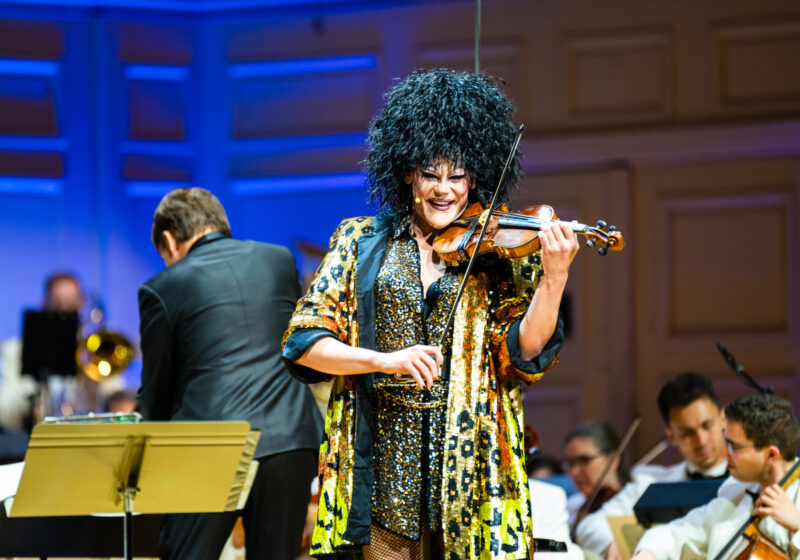Ladies, can we not?
Women have used gossip as a tool for generations. We’ve even been punished for it.
Once upon a time, women were punished for speaking too much with scold’s bridles, a contraption that made it impossible for the wearer to speak. Women speaking in ways that made their fathers or husbands feel uncomfortable, belittled, or just plain irritated was used to justify physical violence and punishment.
Men still dismiss much of what women have to say, whether in personal or professional settings. Men still punish women for speaking in the same ways that men do with impunity. Women are often liked in inverse proportion to how much we’re respected.
Women who speak up about sexual violence are often despised for it. Survivors face condemnation at best and rape and murder threats at worst.
So, instead of speaking out about sexual violence, women express our rage in the only way available to us — through gossip.
This is an act of rage, an attempt to claim power. When I feel someone I care about isn’t respecting my personal needs or boundaries, I communicate my frustration to my female friends before I communicate my feelings directly. Sometimes this seems helpful, but often it’s self-defeating, like that time I tried to solve the mystery of someone else’s feelings through conversations with 10 other people besides him.
I don’t want to resolve my rage with indirect conversations or passive-aggressive conflict avoidance. I don’t want to flee from intimacy into the shallow interactions that result from endless “girl talk” about my relationships, in place of living them.
This isn’t a “me thing.” I grew up watching shows like “Friends” and then “Sex and the City,” which normalized the idea that women can and should discuss every aspect of our sex lives with our “girlfriends.” They taught me that it’s normal to share every detail of my male partner’s sexual performance. I was raised to treat the details of men’s sexual “failures” or “flaws” as currency. I learned that the weird things my male partners say or do are conversation fodder for me to build relationships with other women.
Meanwhile, the heterosexual men of my generation were raised to believe that sexuality is a performance on which they’ll be judged. Not just by their partner, but by her friends and family, too. Too often, they’re right. I used to believe my male partners mocked my body or my inexperience or my words to their friends. It’s only recently that I’ve realized how often I’ve done that to them.
Women do this because we feel powerless. We do this because we actually do, in fact, have less power than men, in certain meaningful ways, and we believe we’d be shouted down or humiliated if we tried to speak to our partners about this. So instead, we talk about their “flaws” behind their backs, trying to claim our voice where we already feel we have none.
Both are real, legitimate problems. Men need to be able to trust the women they love. And women need to be able to raise our voices and assert ourselves within our actual relationships, to talk about instances of gender violence and sexual assault in our lives. Men need to voice their vulnerability and be heard. And women need to voice our rage, and also be heard.
Being a woman doesn’t mean I’m innocent of actions that harm the opposite sex. Just as men of my generation were taught to use their power to harm women in ways they pay no attention to, I was taught to use what limited power I have to harm men. Just as I’m asking men of my generation to choose not to use that violence, I’m trying to hold myself accountable for the same.
It’s important for women to talk about sexual violence, and keep talking about it until men hear us.
It’s also important for me to be someone whose voice the man I love can trust.
I’m learning to do both at the same time. I hope you’ll consider joining me.




